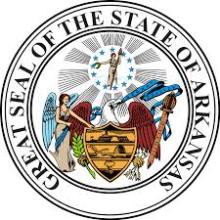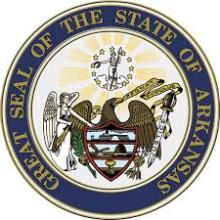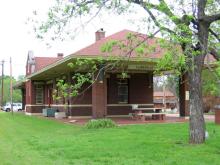Arkansas Bill Could Remove Almost All Barriers to Municipal Broadband
On Monday, a new bill introduced into the Arkansas State Legislature has the potential, if passed, to remove almost all existing barriers to municipal broadband in the state. SB 74 was introduced in the 93rd General Assembly, Regular Session 2021 by State Senators Breanne Davis and Ricky Hill and their counterparts Representatives Brian Evans and Deann Vaught.
The legislation would substantially amend the state’s Telecommunications Regulatory Reform Act of 2013, which in most scenarios bans government entities from building and owning networks and delivering services to residents in pursuit of promoting competition and bringing Internet access to unconnected parts of the state.
SB 74 keeps an existing ban on providing basic local exchange service in place (i.e. telephone), but otherwise allows municipalities to build, buy, and operate network infrastructure to deliver digital voice, broadband, data, and wireless telecommunications service to anyone in the state.
Slow Progress in Recent Years
Currently in Arkansas, municipalities are allowed to build or partner with private companies to build broadband infrastructure, but only if they acquire a grant or loan to do so and only do so in unserved areas. When policy veterans last commented on these particulars of the legislative landscape in 2019, they were worried that such geographic and financing restrictions would effectively preclude new networks, and they were right.
SB 74 eliminates these two restrictions, which represents a significant step forward. It also adds consolidated utility districts to the list of eligible entities, removes the requirement to file a public notice, and dramatically expands the emergency services clause to include healthcare services, education, and “other essential services.”











 As CCU has worked to update connectivity for the town of around 10,000, Lester and other leaders at the utility have recognized that it's also time for a re-branding. After more than 100 years, the Clarksville Light & Water municipal utility retired “The Waterdrip Guy” and adopted a new name and a new logo. In order to reflect the city’s transition to a more forward thinking and competitive attitude, they transitioned to
As CCU has worked to update connectivity for the town of around 10,000, Lester and other leaders at the utility have recognized that it's also time for a re-branding. After more than 100 years, the Clarksville Light & Water municipal utility retired “The Waterdrip Guy” and adopted a new name and a new logo. In order to reflect the city’s transition to a more forward thinking and competitive attitude, they transitioned to